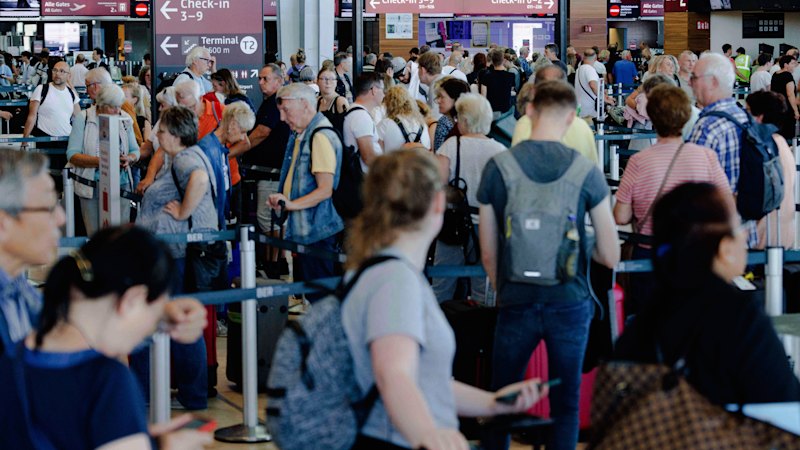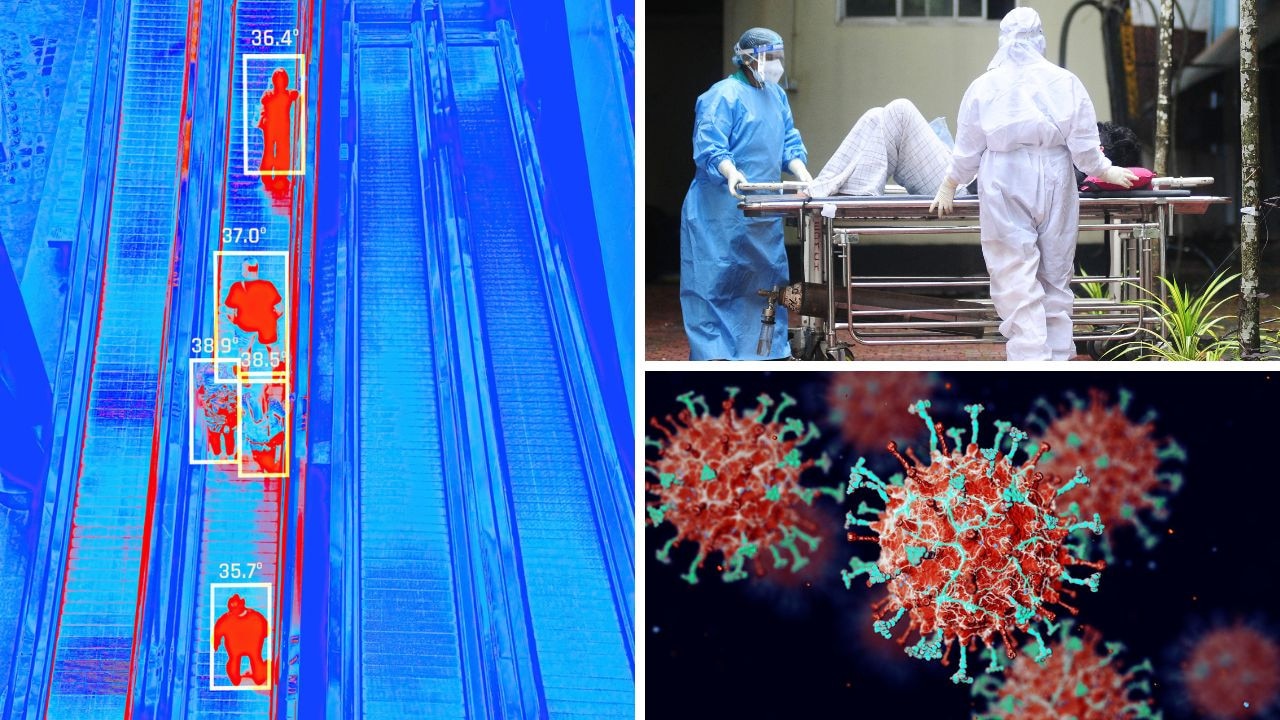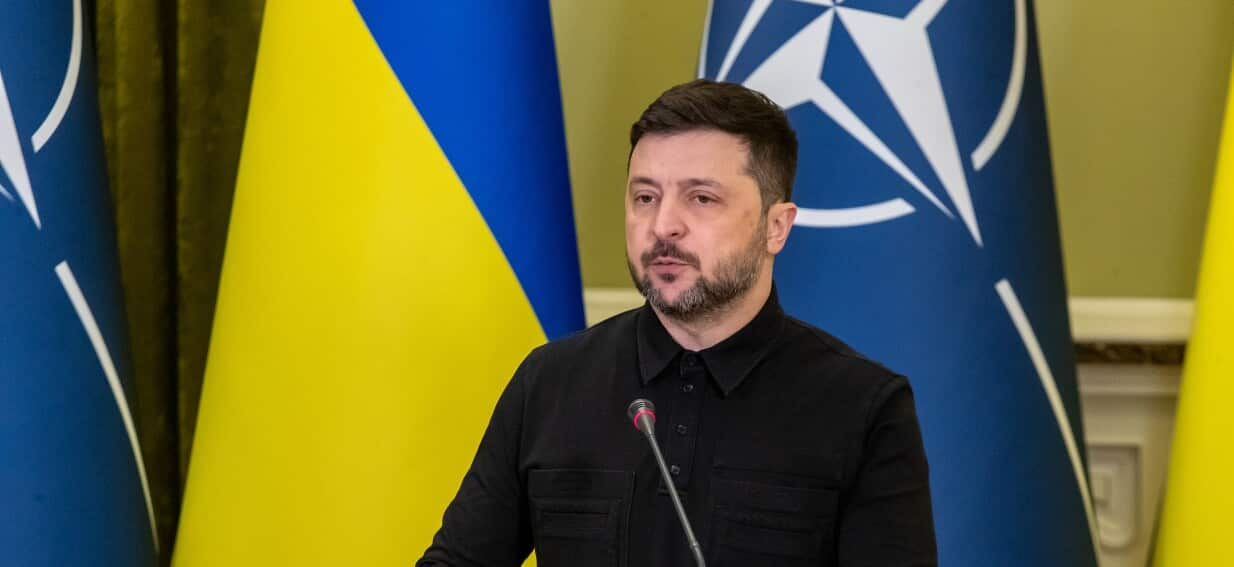
Major air traffic control staffing shortages caused significant disruptions to thousands of flights across the United States on Saturday, March 2, 2024. The crisis, linked to ongoing government shutdowns, resulted in approximately 1,500 flight cancellations and 6,000 delays, affecting travel in cities such as Atlanta, Newark, San Francisco, Chicago, and New York.
The Federal Aviation Administration (FAA) reported that staffing issues impacted 42 airport towers and other control centers, leading to delays across six major air traffic zones. On Friday, March 1, the FAA had already mandated a 4 percent reduction in daily flights at 40 major airports due to safety concerns arising from air traffic control shortages. By Tuesday, March 5, this reduction is set to increase to 6 percent, reaching 10 percent by the end of the week.
As a result of these staffing shortages, the FAA implemented ground delay programs at nine airports, with flights at Atlanta experiencing average delays of 282 minutes. The largest carriers, including American Airlines, Delta Air Lines, Southwest Airlines, and United Airlines, collectively canceled around 700 flights under FAA directives, with additional cancellations driven by the lack of available air traffic controllers.
FAA Administrator Bryan Bedford stated that between 20 percent to 40 percent of controllers had not reported for work in recent days. The situation has raised alarm among airline officials, who expressed concerns that the ongoing staffing crisis could hinder operational planning and scheduling.
During a Senate debate on March 1, Senator Ted Cruz attributed the air traffic control issues to the ongoing government shutdown. Cruz, the chair of the Senate commerce committee, revealed that pilots had filed over 500 voluntary safety reports related to errors made by fatigued air traffic controllers since the shutdown began.
Senate Majority Leader John Thune reported on March 2 that bipartisan discussions aimed at resolving the shutdown had shown promise; however, no agreements were finalized as the workday concluded. The Senate is scheduled to reconvene for a rare Sunday session to further address the issue.
The shutdown has forced approximately 13,000 air traffic controllers and 50,000 security screeners to work without pay, leading to increased absenteeism. Many controllers received notification on March 1 that they would not be compensated for a second consecutive pay period. Transportation Secretary Sean Duffy indicated that if more controllers continue to be absent, he may need to implement air traffic cuts of up to 20 percent.
The situation has drawn political scrutiny, with the Trump administration highlighting air traffic control problems as a critical issue while urging Senate Democrats to support a government funding bill without additional conditions. Conversely, Democrats have criticized the shutdown as a result of Republican unwillingness to negotiate on health insurance subsidies set to expire at the end of the year.
As the crisis unfolds, the impact on air travel continues to grow, leaving passengers and airline officials anxious about the stability of the system moving forward.






